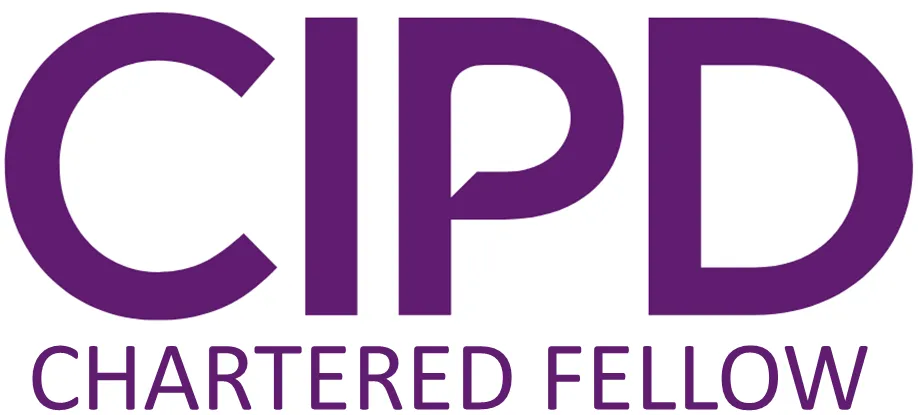Read Our Latest Blogs

Tips
“As a business that exists to help employers distribute tips on the same principles of fairness and transparency, we are confident that this Act will support millions of tipped workers across the UK, and level the playing field for businesses across these sectors.” - CEO of TiPJAR, Ben Thomas
The Government has put before Parliament the Code of Practice on Fair and Transparent Distribution of Tips that will have legal effect in Great Britain under the Employment (Allocation of Tips) Act 2023.
The Code has been the subject of consultation, the details of which, together with the Government’s response to the feedback it received and the amended Code, can all be found on the GOV.UK website.
The updated Code will be statutory and have legal effect, meaning it can be introduced as evidence in an employment tribunal.
The 2023 Act and secondary legislation make it unlawful for businesses to hold back service charges from their employees, ensuring staff receive all of the tips they have earned. The measures are expected to come into force on 1 October 2024, once they have been approved by Parliament.
According to the Department for Business and Trade (DBT), this overhaul of tipping practices is set to benefit more than two million UK workers across the hospitality, leisure and services sectors helping to ease cost of living pressures and reassure them that they will keep their hard-earned money.
While the Government notes that the delay before the Code becomes legally binding will give employers time to prepare, it is encouraging all businesses to follow the new requirements immediately, before they come into legal effect.
As a reminder, if an employment tribunal finds, in due course, that an employer has failed to fairly allocate tips or otherwise failed to comply with the Code, it can order a payment of up to £5000 as compensation for the employee concerned.
Please do get in contact if you want to discuss how this might affect your business.












